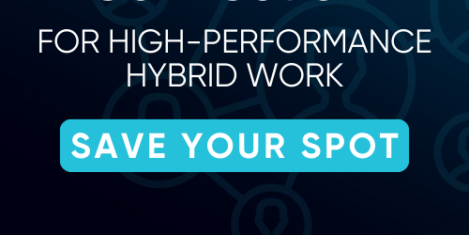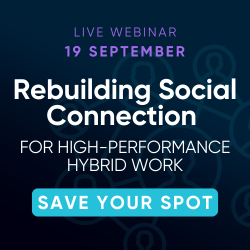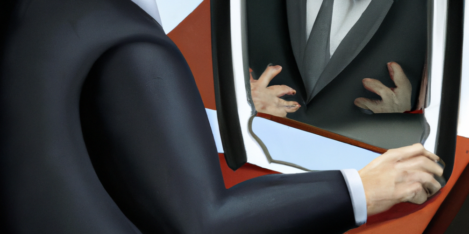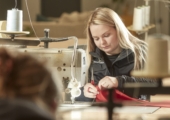September 8, 2023
The words we borrow from other languages to talk about work and wellbeing
 We are prone to borrow nuanced words from other languages to express ideas that otherwise need some explaining in English. This includes the way we talk about work, and especially the way we talk about wellbeing and happiness. Perhaps most famously, there was a lot of talk about hygge a couple of years ago. A straight dictionary translation of hygge would be something like cosiness, but the word also embodies an emotion and an approach to life that embraces a certain degree of slowness and an enjoyment of the present moment. It’s no coincidence that it became modish in a distracted and hurried world. Although the concept is usually referred to as Danish, the word itself is shared with Norwegian, which also offers us the word koselig, which means cosiness but also hints at it being best enjoyed at a fireside. (more…)
We are prone to borrow nuanced words from other languages to express ideas that otherwise need some explaining in English. This includes the way we talk about work, and especially the way we talk about wellbeing and happiness. Perhaps most famously, there was a lot of talk about hygge a couple of years ago. A straight dictionary translation of hygge would be something like cosiness, but the word also embodies an emotion and an approach to life that embraces a certain degree of slowness and an enjoyment of the present moment. It’s no coincidence that it became modish in a distracted and hurried world. Although the concept is usually referred to as Danish, the word itself is shared with Norwegian, which also offers us the word koselig, which means cosiness but also hints at it being best enjoyed at a fireside. (more…)



















 The UK workforce is divided on whether political and social opinions belong in the office, according to
The UK workforce is divided on whether political and social opinions belong in the office, according to 
 Workforces need to evolve now more than ever.
Workforces need to evolve now more than ever. 











September 5, 2023
Breaking eggs and a two thousand year quest to make the most of each day
by Mark Eltringham • Comment, Flexible working, Workplace